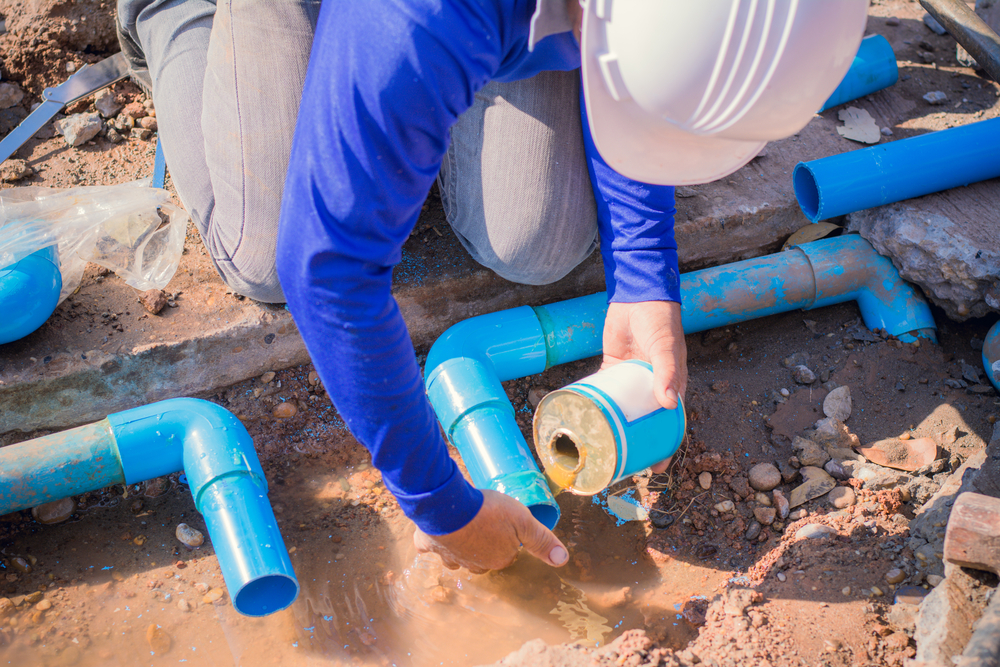The Role of Sewer Services in Water Conservation | Explained!
Water conservation has become an imperative issue globally, driven by the increasing demand for clean water and the growing threat of water scarcity. Sewer services, often overlooked in this context, play a crucial role in water conservation efforts. They not only manage wastewater but also contribute significantly to the sustainability of water resources. This article delves into how sewer services aid in water conservation, highlighting key strategies and innovations.
Efficient Wastewater Treatment
Sewer services are responsible for transporting wastewater from homes, businesses, and industries to treatment facilities. Efficient wastewater treatment is pivotal in ensuring that water is cleaned and purified before being released back into the environment. Advanced treatment technologies remove contaminants, making the water safe for various uses, including irrigation, industrial processes, and even potable reuse in some regions. By treating wastewater effectively, sewer services help to recycle and conserve water, reducing the need to extract fresh water from natural sources.
Water Reuse and Recycling
One of the most significant contributions of sewer services to water conservation is the facilitation of water reuse and recycling. Treated wastewater, also known as reclaimed water, can be used for non-potable purposes such as landscape irrigation, agricultural irrigation, industrial cooling, and toilet flushing. This practice significantly reduces the demand for fresh water, conserving valuable resources. In many urban areas, dual plumbing systems are installed to separate potable and non-potable water, allowing for the safe and efficient use of reclaimed water.
Reducing Water Loss
Sewer systems also play a crucial role in reducing water loss. Leaky sewer pipes can lead to significant water wastage and environmental contamination. Modern sewer services employ advanced techniques such as trenchless technology and pipe bursting to repair and replace aging infrastructure without extensive excavation. By maintaining and upgrading sewer systems, these services help to prevent water loss and ensure that more water is available for conservation and reuse.
Stormwater Management
Effective stormwater management is another critical aspect of sewer services that contributes to water conservation. During heavy rainfall, stormwater can overwhelm sewer systems, leading to overflows and contamination of water bodies. Sewer services implement strategies such as green infrastructure, permeable pavements, and rain gardens to manage stormwater runoff. These measures help to capture and infiltrate rainwater, replenishing groundwater supplies and reducing the burden on sewer systems. By managing stormwater efficiently, sewer services help to conserve water and protect natural water sources.
Public Awareness and Education
Sewer services also play a vital role in raising public awareness and promoting education on water conservation. By conducting outreach programs and providing information on efficient water use and proper waste disposal, sewer services help to foster a culture of conservation among communities. Educating the public about the importance of reducing water usage and preventing contamination of sewer systems can lead to more sustainable water management practices at the individual and community levels.
Innovation and Technology
The integration of innovative technologies in sewer services is transforming water conservation efforts. Smart sewer systems equipped with sensors and monitoring devices can detect leaks, blockages, and other issues in real-time, allowing for prompt repairs and maintenance. Additionally, data analytics and artificial intelligence are being used to optimize sewer operations and enhance the efficiency of wastewater treatment processes. These technological advancements contribute to more effective water conservation by ensuring that sewer systems operate at peak efficiency.
Policy and Regulation
Strong policies and regulations are essential in supporting the role of sewer services in water conservation. Governments and regulatory bodies set standards for wastewater treatment, water reuse, and infrastructure maintenance. By enforcing these regulations, they ensure that sewer services adhere to best practices and contribute to sustainable water management. Policies that incentivize the adoption of water-saving technologies and practices further bolster the efforts of sewer services in conserving water.
Conclusion
Sewer services are indispensable in the quest for water conservation. Through efficient wastewater treatment, water reuse and recycling, infrastructure maintenance, stormwater management, public education, technological innovation, and supportive policies, sewer services significantly contribute to the sustainable management of water resources. As water scarcity becomes an increasingly pressing issue, the role of sewer services in water conservation will only grow in importance, necessitating continued investment and innovation in this critical sector.



Comments